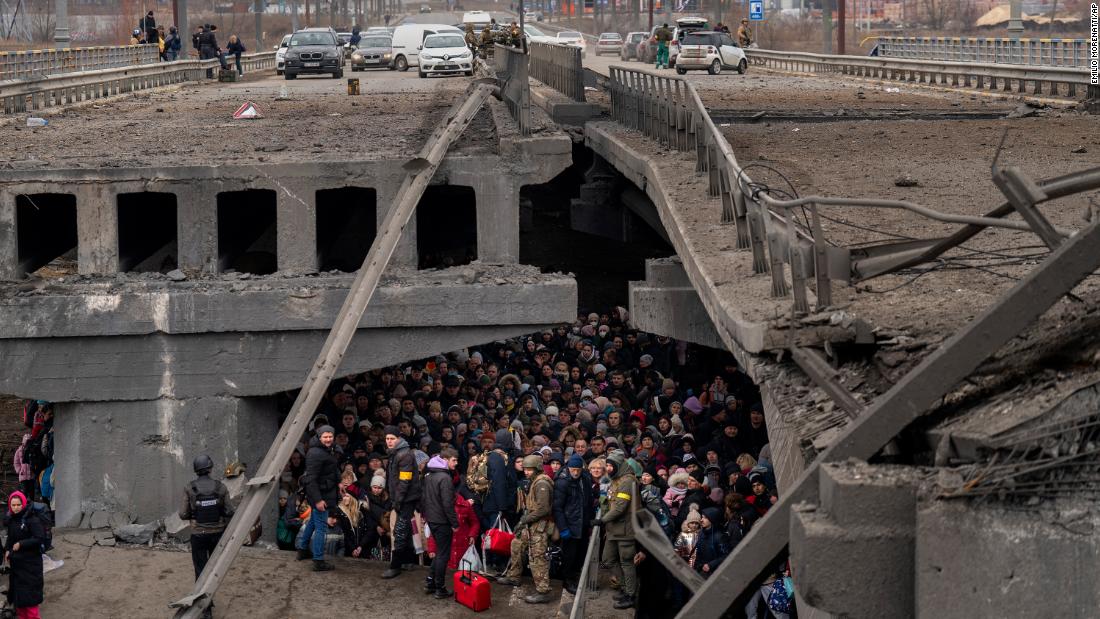Facebook Response to Human Traffickers and Drug Cartels Deemed Weak
While Facebook spent millions of hours cleaning up its U.S.-based networks, the harm inflicted in developing countries was often shrugged off as the "cost of doing business," internal documents suggest. In one example, a Mexican drug cartel used the platform to recruit, train and pay hitmen.
Scores of internal Facebook documents show employees raising alarms about how its platforms are used in some developing countries, such as a Mexican drug cartel using the platform to recruit, train and pay hitmen, and indicate that the company’s response is in many instances inadequate or nonexistent, reports the Wall Street Journal.
Employees flagged that human traffickers in the Middle East used the site to lure women into abusive employment situations in which they were treated like slaves or forced to perform sex work. They warned that armed groups in Ethiopia used the site to incite violence against ethnic minorities. They sent alerts to their bosses on organ-selling, pornography and government action against political dissent. Facebook removed some pages, though many more operate openly. Rather than fixing the systems that allowed offenders to repeat the bad behavior, priority is given to retaining users, helping business partners and at times placating authoritarian governments, whose support Facebook sometimes needs to operate within their borders, the documents show. Some of the most serious issues flagged are overseas, where Facebook treats harm in developing countries as “simply the cost of doing business” there.

 Landwebs
Landwebs 























